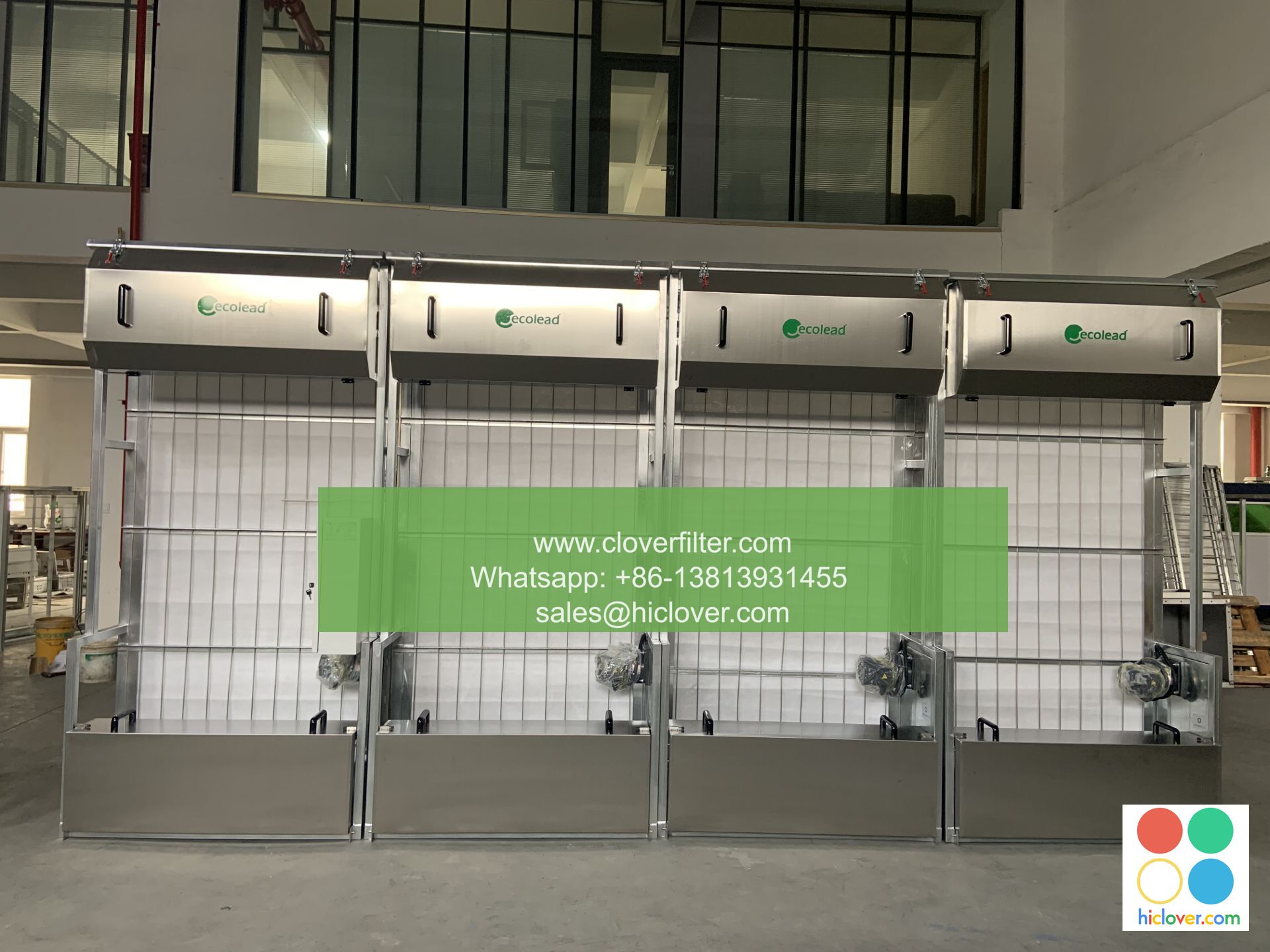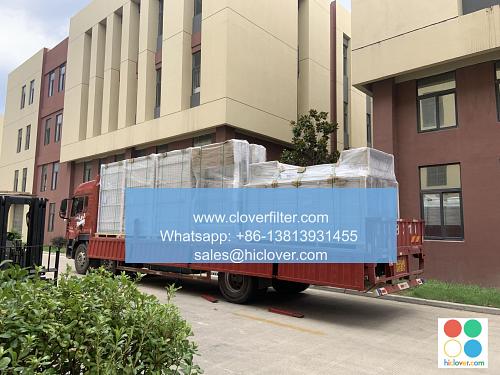Optimizing Pharmaceutical Production in Richmond Hill with Advanced Air Filtration Systems

The pharmaceutical industry in Richmond Hill is a significant sector that requires meticulous attention to detail, particularly when it comes to air quality control. Air filtration systems play a vital role in ensuring the production of high-quality pharmaceuticals, free from contaminants and impurities. In this article, we will discuss the importance of advanced air filtration systems in optimizing pharmaceutical production in Richmond Hill, highlighting various application areas and the benefits of using HEPA filters, ULPA filters, and cleanroom technology.
Importance of Air Filtration in Pharmaceutical Production
Pharmaceutical production involves the handling of sensitive and potent Active Pharmaceutical Ingredients (APIs), which can be easily contaminated by airborne particles and microorganisms. Airborne contamination can lead to a range of problems, including product spoilage, reduced product shelf life, and even harm to consumers. Therefore, it is essential to implement effective air filtration systems that can remove particles and microorganisms from the air, ensuring a clean and controlled environment for pharmaceutical production.
Application Areas for Advanced Air Filtration Systems
There are several application areas where advanced air filtration systems can be used to optimize pharmaceutical production in Richmond Hill, including:
* Fill and finish operations: Air filtration systems can be used to remove particles and microorganisms from the air, ensuring that filled and finished products are free from contaminants.
* Compounding and formulation: Advanced air filtration systems can be used to control the air quality in compounding and formulation areas, preventing contamination and ensuring product quality.
* Lyophilization and freeze-drying: Air filtration systems can be used to control the air quality in lyophilization and freeze-drying areas, preventing contamination and ensuring product quality.
* Packaging and labeling: Advanced air filtration systems can be used to control the air quality in packaging and labeling areas, preventing contamination and ensuring product quality.
Benefits of Using HEPA Filters and ULPA Filters
HEPA filters (High Efficiency Particulate Air filters) and ULPA filters (Ultra Low Penetration Air filters) are widely used in pharmaceutical production for their ability to remove particles and microorganisms from the air. The benefits of using HEPA filters and ULPA filters include:
* High efficiency: HEPA filters and ULPA filters can remove up to 99.97% of particles as small as 0.3 microns, ensuring that the air is free from contaminants.
* Low risk of contamination: By removing particles and microorganisms from the air, HEPA filters and ULPA filters can reduce the risk of contamination, ensuring product quality and consumer safety.
* Compliance with regulatory requirements: The use of HEPA filters and ULPA filters can help pharmaceutical manufacturers comply with regulatory requirements, such as those set by the FDA and EU GMP.
Cleanroom Technology and Advanced Air Filtration Systems
Cleanroom technology is a critical component of pharmaceutical production, particularly in areas where sterile products are manufactured. Advanced air filtration systems can be integrated with cleanroom technology to create a controlled environment that is free from contaminants. The benefits of using cleanroom technology and advanced air filtration systems include:
* Reduced risk of contamination: Cleanroom technology and advanced air filtration systems can reduce the risk of contamination, ensuring product quality and consumer safety.
* Improved product yield: By controlling the air quality and reducing the risk of contamination, cleanroom technology and advanced air filtration systems can improve product yield and reduce waste.
* Compliance with regulatory requirements: The use of cleanroom technology and advanced air filtration systems can help pharmaceutical manufacturers comply with regulatory requirements, such as those set by the FDA and EU GMP.
Conclusion
In conclusion, advanced air filtration systems are essential for optimizing pharmaceutical production in Richmond Hill. By using HEPA filters, ULPA filters, and cleanroom technology, pharmaceutical manufacturers can ensure a clean and controlled environment for the production of high-quality pharmaceuticals. The benefits of using advanced air filtration systems include reduced risk of contamination, improved product yield, and compliance with regulatory requirements. As the pharmaceutical industry continues to evolve, the use of advanced air filtration systems will play an increasingly important role in ensuring the quality and safety of pharmaceutical products.

